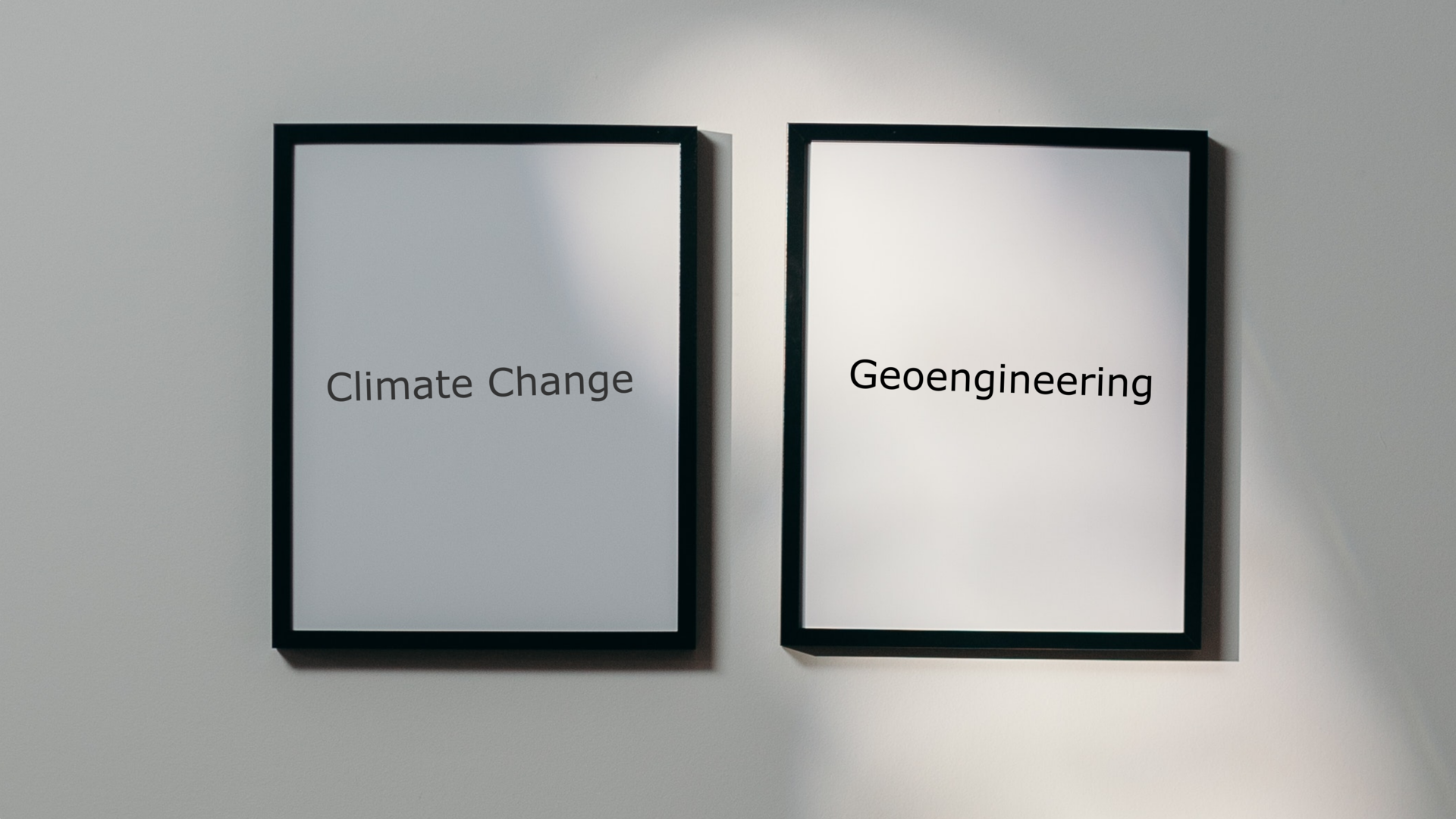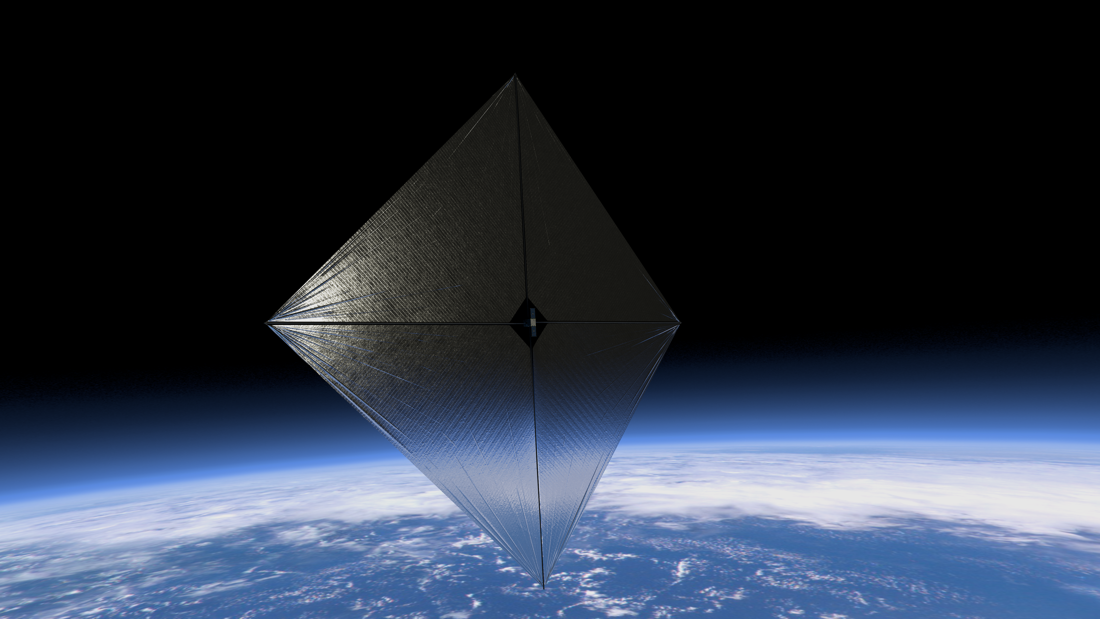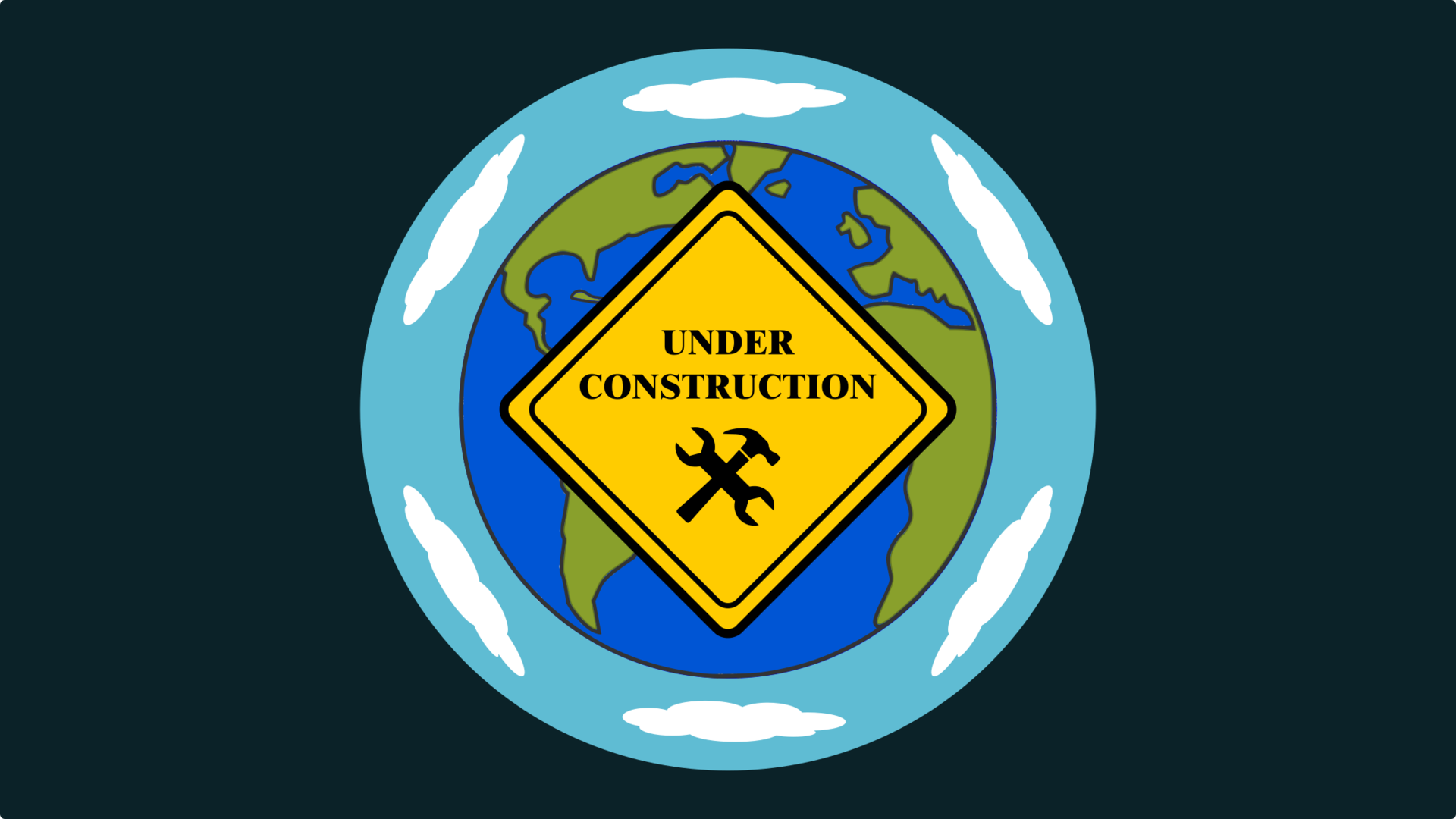Ricarda Nebling is currently pursuing a PhD in physics at the Paul Scherrer Institute and ETH Zurich. Her work focusses on the development of algorithms for a microscope in semiconductor research. Out of an interest in philosophy, she joined the OHB-founded consortium on geoengineering together with philosopher Prof. Dr. Dr. Norman Sieroka, who teaches at the University of Bremen, to investigate how framing might influence the climate debate. In the following interview, she explains the importance of framing for science communication in general and for communication about climate change and geoengineering in particular.
Why is it difficult to communicate about climate change and geoengineering?
Ricarda Nebling: I think you have to separate the two: I think it is easier to communicate about climate change than about geoengineering. Most people have heard of climate change and have a point of reference to fall back on. However, the individual levels of knowledge are usually very different, and you have to take that into account. As a scientist, you have to be careful not to get lost in technical terms or overly complicated explanations, but to find a common basis for communicating with the general public. This is often a big hurdle because this kind of communication is not part of everyday life for many scientists. But it is enormously important to overcome this hurdle, because something like climate change concerns us all.
Does that also apply to the topic of geoengineering?
Absolutely! And with geoengineering, there is another factor: the word "geoengineering" itself is already a technical term. I think if you were to ask people on the street about it, most of them wouldn't know what to think of it. So first of all, you have to explain the term: What is geoengineering anyway? What is it all about? And why is the topic relevant to all of us? Only then can you start to discuss the topic in more depth.
The word "geoengineering" itself is already a technical term. I think if you were to ask people on the street about it, most of them wouldn't know what to think of it.
Even if you explain the topic, many people are opposed to geoengineering. To what extent is this also related to the terminology itself?
There is a big debate about the term geoengineering. The word implies that we can adapt our environment and the whole Earth to our needs, as long as we develop the right technologies. Whether we should do that is left out. I think most people are generally in favour of mitigating the consequences of climate change and are also prepared to use technical means to do so, but are nevertheless sceptical about the term geoengineering.
What does the term framing mean in this context?
Framing is also a technical term and means that the way we describe things and the analogies we use have an influence on how facts are perceived. For example, a study showed that people are more positive about the removal of carbon dioxide from the atmosphere by technical means if you describe the method as a kind of artificial tree, i.e. use an analogy from nature, than if you try to explain the required machines in more detail.
What is the significance of framing for science?
I think that outside the social and communication sciences, only a few academics know what the term framing means. But many are aware of the use and influence of analogies when it comes to explaining something. For example, when you want to describe to your family or friends what you actually do all the time at work or in a special hobby. You quickly get to a point where you have to simplify things and find analogies to explain something, and that sometimes distorts them in a certain way.
Does that mean that framing plays a role especially in explaining complex topics?
I think the more diverse the knowledge base is, the more framing plays a role. The topic doesn't even have to be particularly complex. It is enough that one person knows significantly less about it than the other. In everyday life we are constantly confronted with analogies. Analogies help us to understand and learn things. At school we learn pretty much everything through analogies. Two apples plus one apple are three apples. And at some point you understand that you can apply addition not only to apples, but also to pears, people and even abstract things. But especially with topics like climate change and also geoengineering, which are extremely complex, analogies or simplifications have to be resorted to for many aspects in order to explain them. Framing thus has an influence on how we position ourselves in the discussion.
The more diverse the knowledge base is, the more framing plays a role. The topic doesn't even have to be particularly complex. It is enough that one person knows significantly less about it than the other.
In principle, science strives for objectivity, but is it even possible to be completely objective?
Of course science strives to be as objective as possible, but perfect objectivity is simply not possible. We are all influenced by our social and cultural environment. And every research institution is also a microcosm of its own. That is why it is important that as many people as possible and with different backgrounds research a topic and that the individual aspects of a topic are considered from as many different points of view as possible.
And what does that mean for communicating science?
I think communicating knowledge works particularly well when you find a point of reference that directly affects people. Images of melting polar ice caps and starving polar bears are often used to make people aware of the threat posed by climate change, but for us in Europe, polar bears and the polar ice caps are far away. Nevertheless, climate change affects us too, and quite acutely. That's why it's important to find links to the reality of people's lives, which of course varies from person to person. A climate sceptic who is cold to the hundredth picture of collapsing glaciers might start to rethink things when the forest on his doorstep is burning or local fruit varieties are no longer available.
Can science do the job of finding these connecting factors?
In my view, this is not the task of scientists, but of science communication. But science must ensure that a sound data basis is available for communication. It is also important that people understand how science works. Science is expected to provide facts. But facts are something that are man-made, by definition alone. Facts are never set in stone, but reflect the current state of knowledge. This is something that many people are not aware of and it results in a false understanding of science.
It is also important that people understand how science works. Science is expected to provide facts. But facts are something that are man-made, by definition alone. Facts are never set in stone, but reflect the current state of knowledge.
Does it matter who the sender of a particular message is when it comes to framing?
Not directly. Framing is primarily about terminology and context. However, the sender of a message does of course play a role in how the message is perceived by the receiver. I am more inclined to believe people with whom I can identify or who I perceive as particularly competent. This cannot be avoided. But it is important that we raise our awareness of this. If we want to be well informed, we have to draw on different sources. It is also important to know the background of the senders. An oil-producing company will make different arguments in the climate debate than Greenpeace, and both can be relevant to me as a recipient.
What are the possibilities to make people aware of this issue?
The most important point is appropriate education. Media literacy should already be taught in school – and also science literacy. That it is important to understand that facts and our level of knowledge change over time has also been shown in the pandemic. Every member of a society should be able to inform themselves independently and comprehensively, which is also the basis of our democracy.
Is there also a way to use framing in a targeted way to reach as many people as possible?
I think a good way would be to find several analogies for one and the same issue and thus offer different explanations. If you limit yourself to one type of narrative, you only reach a certain group of addressees. In the worst case, someone could exploit framing and present something as particularly scary, so that a good solution to the climate crisis is dismissed in order to promote that person's or group's own interests. I guess you can't do it without framing. Also because not all people are at the same level of knowledge and you need certain analogies to communicate. That is why it is important that people are informed about framing. Education is of enormous importance – especially when it comes to not depriving people of their maturity in a debate and encouraging them to inform themselves in a variety of ways before forming an opinion.





